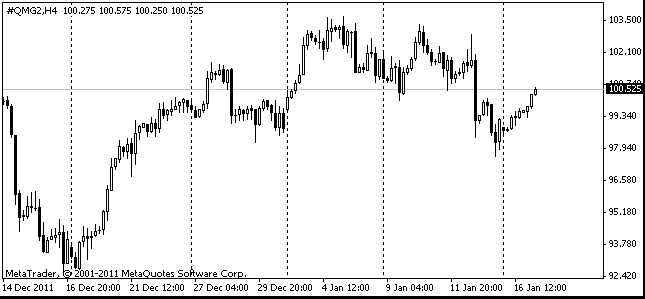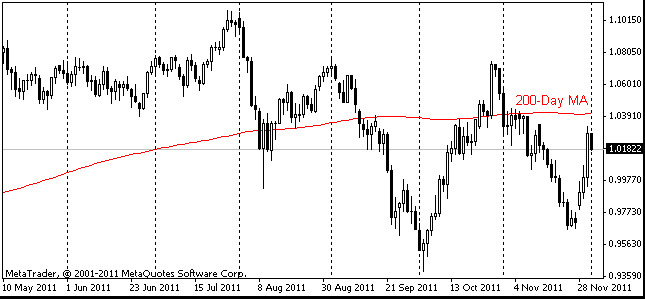EUR/usd
Yesterday the single currency dropped below 1.25 for the first time in two weeks. Formally, the worsening of market sentiments was caused by the audacity of the Greek coalition. Many expected that the “pro-european” winning parties would support the austerity policy, imposed by the EU, but instead the Greeks decided to ride the wave. This wave was heaved by France's new President Hollande and soon was supported by the Prime Ministers of Italy and Spain. We are talking about concentration on the growth instead of the austerity. Yesterday the Greek parliament eagerly discussed the postponement of the budget consolidation for 2 years. Actually, this step can be of benefit to the country, but will inevitably entail more infusions into the Greek aid fund. For this reason, the idea will hardly be favoured by ‘paying' EU countries, headed by Germany. Already in the middle of this week there will be held the EU summit at which all the i's will be dotted and all the t's crossed. We see that the centre of power has somewhat shifted from Germany as France, where situation is neutral, has taken the side of the troubled countries. As a result of all this turmoil around the euro the report on the US new home sales passed unnoticed. Here we can observe that the upward trend still persists. In May the new home sales grew by 7.6% against the April figure and reached the annual growth rate of 369K. About a couple of years ago this indicator, spurred by the housing market incentives, showed even higher levels (422K in April 2010), but then followed a sharp slump, which won't necessarily happen this time. The current growth is more organic. It should be also mentioned that together with the increase in the sales volume the median curve of the house prices is also gradually growing. In May the price of a house amounted to 234.5K. For comparison its cyclical low was 204K. And the minimal number of deals made 280K. In other words, the US housing market is on a slight rise. The sharper growth would be harmful as it is likely to reflect another inflation of the bubble. Yet, the housing market is just a single sector of the economy, so the markets may ignore the positive news from this side, focusing mainly on the issues of Europe and of the local employment market.

EUR/GBP
Yesterday, following the euro sales on the displeasure with Greece, the sterling hit a new local low. Nevertheless, yesterday afternoon and tomorrow morning the British currency felt a bit better than its continental vis-à-vis. The euro/pound is trading the monthly lows at 0.8028. And the scale of bounces in this pair is getting smaller and smaller. Yet be on your guard with the pound. The UK Public Sector Borrowing figures were published today. On the whole the news was not very favourable as the net borrowing came in higher than expected, at 15.6bln against the surplus of 19.9bln a month before. As followed from the meeting minutes last week, King advocated the QE extension and turned out to be in the minority. Besides, the inflation has started to fall quicker than forecasted and the economy still stays in the recession. It's not very likely that King will want to be in the minority again at the meeting next week.

oil
On Friday WTI Oil jumped above $80 and brent Oil rose up to $90 per barrel. Nevertheless, already yesterday the market participants continued to abandon risky assets. At the end of the day these psychologically important levels were broken down again. So now the Friday growth looks like nothing more than a dead cat bounce. Technically Oil has the potential to fall by another $10. Will this potential be exploited?

AUD/USD
The recovery in the aussie, observed in the period from the beginning of the month till the middle of the last week, could hardly be compared with the lifeless bounce in Oil, but still the current dynamics of the currency is not very promising. Yesterday after the euro dropped below 1.25 the Australian dollar fell below the parity against USD. This morning it was trading higher (1.0030), but it can hardly be accounted for by the strength of the Australian economy. The CB Leading Index for China was published this morning. It showed the increase by 1.1% in May after the 0.9% growth in April. Besides, it's also important to note that after a hitch (the drop by 0.6% a month before) the Coincident Index went up by 0.8%. These remote data will hardly enable the bulls to play on the rise for long.
